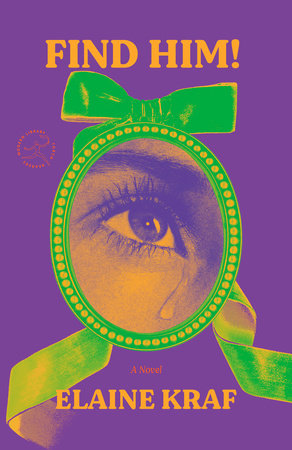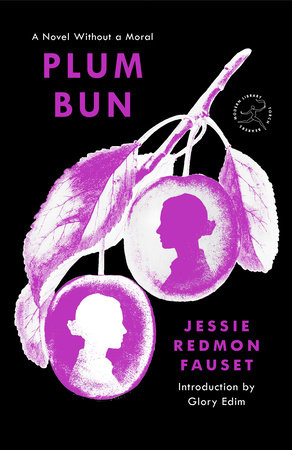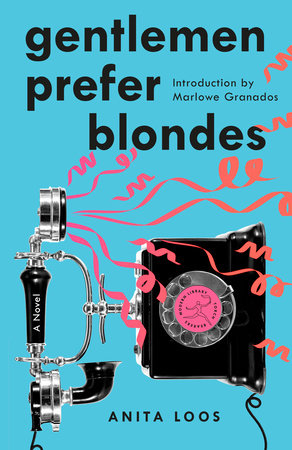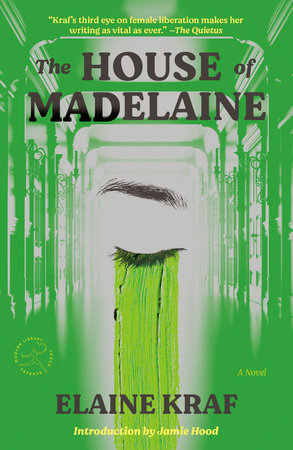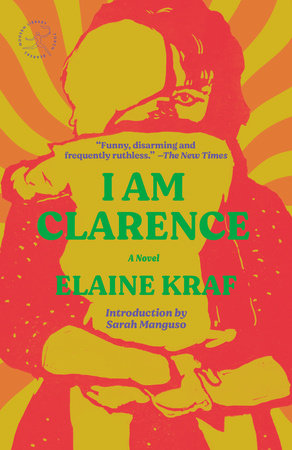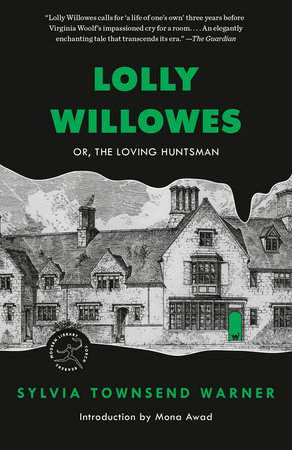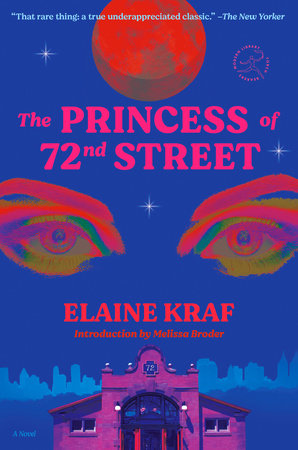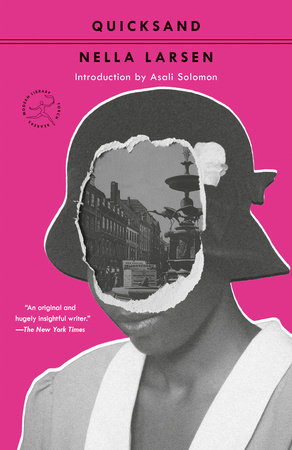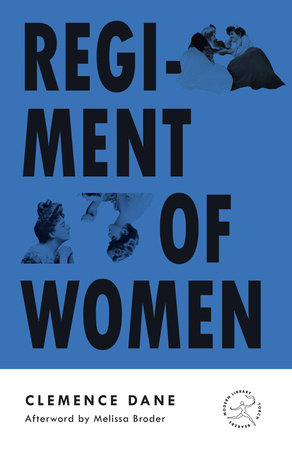Excerpt
The Southern Woman
the little brown girl
Maybeth’s father had a business in the town, which was about a mile from where they lived, but he had about forty acres of land below the house that he planted in cotton and corn. The land was down the hill from the house and it was on two levels of ground: twenty acres, then a bluff covered with oak sprouts and vines, then a lower level, which stretched to the property line at the small creek. You could see it all from the house—the two fields and the creek, and other fields beyond the creek—but from the upper field you could just see as far as the willows along the creek bank.
For nine months of the year, Maybeth’s father hired a Negro named Jim Williams to make the crop. Jim would work uptown in the mornings and come in the afternoons around two o’clock—a black, strapping Negro in blue overalls, stepping light and free and powerful on the road from town. He would go around the house to the back to hitch up the black mule in spring, or file on the hoe blade in summer, or drag a great dirty-white cotton sack to the field in the fall. Spring, summer, and fall they saw him come, until he became as much a part of the household as Maybeth or Brother or Lester Junior or Snookums, the cook; then, after the last pound of cotton was weighed in the cold fall twilight, the Jim they knew would vanish. In winter, they sometimes spoke to a town Negro as Jim, and he would answer back, pleasant as you please, but it was no use pretending he was the same. The cotton stalks stood black and sodden in the field, and the cornstalks broke from the top, and there was nothing for a little girl to do in the afternoons but grow all hot and stuffy by the fire or pester Mother for things to eat or study schoolbooks sometimes. There wasn’t anybody much to play with out where they lived.
At last, the spring day would come when Maybeth could leap away from the school bus and the ugly children in the bus, and run up the drive to the house, then down the hill, under the maple trees, to the field. Jim would be in the field, plowing with the middlebuster, and she would get to follow behind him for the first time in the year. Jim did a lot of funny things out there in the field. Up ahead, where the rows ended at the top of the bluff, Jim sometimes stopped when he had pulled the plow out of the ground, and while the black mule circled in the trace chains he would fling up his head and sing out, rich and full, as loud as he could sing, “Ama-a-zi-in’ grace—” The air would quiver for the next line to come, but Jim would be well into the field by then, driving the plow down the furrow with a long, swinging stride.
Once, Maybeth tried to tell him the next line. “It goes ‘How sweet the sound,’ Jim,” she said, trying to put her little shoes in Jim’s broad tracks.
But all Jim Williams said was, “Git up, Jimson Weed!” Other times, he called the mule Daisy Bell, and that was funny, too, because the mule’s name was Dick, and Dick was a man mule, Maybeth was sure. But when she told Jim that, he only said, “Lawd, Lawd,” as though she had told him something he had never heard before, or something he had only half heard when she said it. You couldn’t tell which.
But most of the time Maybeth was asking Jim questions. When she got like that with Mother, Mother would finally say, “Now, what on earth made you think of that?” Daddy would laugh at her questions and say, “I don’t know, honey.” But Jim knew the answer to everything. He knew why the jaybird bounced on the air when he flew and why the mule swept his nose along the ground when he turned and why the steel plow slid out of the earth as clean as when it entered. Sometimes Maybeth knew that Jim was making up, but most of the time she believed him word for word, like the catechism in Sunday School.
One spring afternoon, a few days before Maybeth’s seventh birthday, Jim was sporting a new red bandanna in the back pocket of his overalls. Even before Maybeth reached him, she spotted it, and she asked about it first thing.
“My little girl give me that,” he said. He spoke in his making-up voice, but he looked perfectly straight-faced.
Maybeth hurried very fast behind him. “Aw, Jim, you ain’t got a little girl, have you? How old is she?”
“She be eight nex’ fall,” he said, very businesslike. “Gee, mule.”
“How big is she?”
“She jes’ ’bout your size, honey.”
A little brown girl in a starched blue-and-white checked dress stepped smiling before Maybeth’s eyes. From then on, Maybeth’s questions all went in one direction, and if Jim had any peace, it was only because he was Jim.
“When will I get to see her, Jim? When will she come and play with me?”
“Some day nex’ week, I reckon.”
“What day next week?”
“Long ’bout the middle part of the week, I spec’.”
“Aw, you’re just foolin’, Jim. Aren’t you just foolin’?”
“Ama-a-zi-in’ grace—” sang Jim Williams as the black mule turned in the trace chains against a low and burning cloud. And that night, when Jim had eaten his supper in the kitchen and gone, the little brown girl in the blue-and-white checked dress stayed on.
“Mother, guess what Jim told me today,” said Maybeth, opening her arithmetic book before the fire. “He said he had a little girl. She’s coming and play with me.”
“Oh, honey, Jim’s just fooling you. Jim hasn’t got any children, has he, Lester?”
“Not that I ever heard of,” said Daddy. “It’s a good thing, too— the way he drinks and carries on every Saturday night.”
“He’s fooling you,” said Mother.
Maybeth bent quickly to her sums. “I know it,” she said.
And in a way she had known it all along. But in another way she hadn’t known it, and the not knowing still remained along with the knowing, and she never thought it out any further. Nothing was changed, and she and the little brown girl played together before she went to sleep at night, in dull moments at school, and when she was being quiet on the bus, riding home with the noisy children. The little girl was the first thing to ask questions about when she ran to the field after school, the warm sun on her yellow hair, and her feet already uncomfortable to be out of their shoes.
The first thing, that is, until the Friday came when Maybeth was seven. It was a perfect birthday. Under her plate at breakfast that morning she found two broad silver dollars. The class sang “Happy Birthday” to her in school, and that night Snookums, the cook, who usually finished work in the afternoon, returned from her house to cook supper, and they all had fried chicken and rice and gravy and a coconut birthday cake.
Maybeth ran into the kitchen to show her silver dollars to Snookums and Jim. “Look, Snookums! Look, Jim!” she said.
“Lawd-ee!” said Snookums. She was a young, bright Negro with a slim waist and straight black hair.
“My, my!” said Jim. “That’s ringin’ money, ain’t it, Snookums?”
“Lawd-ee!” said Snookums.
“Which you druther have, Snookums,” said Jim, “ringin’ money or foldin money?”
The door was open to the dining room, and Maybeth heard her big brother laugh and holler back, “Either one’ll do to buy Saturday-night liquor, won’t it?”
Jim and Snookums just fell out laughing, and Maybeth somehow felt ashamed.
After supper, she put the two silver dollars in a little box inside a bigger box and put them in the very back right-hand corner of her drawer in the bureau.
The next day was Saturday, and it rained, so Jim stayed in the barn and shelled corn for the chickens, and Maybeth watched.
“I wuz gwine bring my little girl to play with you nex’ week,” said Jim.
Maybeth was stricken. “How come you can’t, Jim? Oh, how come you can’t?”
“She ain’t got no fine dress like you is. She ain’t got nothin’ ’cept one ole brown dress. She say she shame to come.”
Maybeth broke the stubborn grains of corn from a cob one at a time, and her heart beat very fast. “Have you sure ’nough got a little girl, Jim?”
Jim did not answer. “There’s dresses at the Jew store,” he went on mournfully. “But they’s nigh onto two dollars. Take the nigger long time to make up that money.”
A few minutes later, Maybeth was hurrying back to the house in the rain.
She took the two silver dollars out of the little box within the larger box, and ran back to the barn.
“What you fixin’ to do?” Jim Williams asked, holding the two coins in his open palm and cutting his eyes toward her.
“For the dress,” Maybeth said. “You know. For your little girl’s dress, Jim.”
“Your daddy ain’t gwine like you playin’ around with this money,” he said.
“He ain’t going to know,” said Maybeth.
“You sure?” he asked, snapping shut the three clasps on his little leather purse.
“I’m not going to tell him,” said Maybeth.
“Gwine git her a yalla dre-ess,” sang Jim softly, and the corn poured out of his fingers in rich handfuls and rattled against the side of the scuttle as fast as the rain on the tin roof.
Maybeth did not know why she had given Jim the money. It was like when you are playing mud pies by yourself and you get real salt and pepper for the pies, or when you are dressing up to play lady and you make a mess of all the closets and cedar chests trying to get something real and exactly right—the high-heeled button shoes or the hat with the plume. She and Jim were playing that Jim had a little girl. But when the playing was over, Jim did not give the money back, and, of course, she did not really know that she had expected him to, so she never asked. And because she wasn’t exactly sure what money meant, her sorrow centered on the two little empty boxes in the corner of the dresser drawer.
She thought of them with an empty feeling when she rode to school on Monday morning in the pickup with Daddy and saw a yellow dress in the Jew-store window. When she rode back from school on the bus, she looked again, and something went queer inside her, because the yellow dress was gone.
Maybeth ran so hard down the hill to the field that afternoon that the pound of her feet shook her all over and she could hardly stop running at the fence. All the way home in the bus, all the way through the yard and down the hill, she could picture Jim plowing with the little girl in the yellow dress behind him in the furrow, and they would look up when Maybeth came. From the fence, she could see that Jim was plowing down at the far corner, where the land was lowest; he was almost through busting the upper field. She could just see the top of his head following Dick’s flapping ears up the slope. Maybeth crawled through the barbed wire and caught a snag in her dress. When she had pulled it free, and looked up, Jim was in full view on the higher ground, and he was alone.
Maybeth came slowly out of the maple shade into the hot sun. As she crossed the rows, the clods made her stumble once or twice. She fell in behind him at last.
“I tore my dress. See?” she said, holding up the snagged hem.
He glanced back, the sweat big on his temples and catching the sun on his cheek. “Sho’ did,” he said. “You shorely did.”
They were back beside the bluff before she asked, “How come your little girl didn’t come today, Jim?”
He had stopped, with the plow in the new furrow, to cut himself a plug of tobacco. He jerked his kinky head toward the creek. “She down there,” he said.
“Down there?”
“She shame to come till you come. She say she gwine set in the bushes and watch for you. She be comin’ on in a minute now.”
Maybeth ran to the edge of the bluff, among the honeysuckle vines, and stared and stared down toward the low willows along the creek bank, until their sharp spring green blurred in her eyes.
“Where, Jim, where?”
Jim hooked the lines over the plow handle. “Whoa, mule,” he said. He walked away from her along the edge of the bluff and stood on the highest point, bigger than anything from sky to sky. He pointed. “See,” he said, and his tone was infinite. “Look yonder. She setting on the groun’. See. She done crossed her legs.”
“Has she got on a—a yellow dress?”
“Yes’m! Yes’m! You sees her! You sees her sho’!”
“Is she sitting under that bigges’ clump of willow, right over yonder? Sitting cross-legged?”
“Yes’m! That’s right! By that bigges’ clump.”
“Sort of with one hand on the ground?”
“Yes, ma’am! You sees her sho’!”
Then, in two strides, he was back at the plow. “She’ll come. My little girl’ll come. Gee, mule. She knows we done seen her, and she’ll come. Gee up, sir!”
The plow ran into the earth, and Maybeth, still standing on the bluff, could hear from somewhere the creak of the harness, and the tearing of little roots as the soft ground was severed. She stood staring, and the green blur beyond the lower field fanned out and then closed together around the shape of something—was it something?—like a still image under the willow trees. Humming to himself, Jim Williams passed farther down the slope, but Maybeth stayed on the bluff, as motionless as the fluted honeysuckle bloom beside her hand and the willows across the lower field standing up in the windless air.
She saw something move under the willows.
Maybeth began to walk, and then she began to run, faster and faster. The rows, with their heavy chunks of clodded earth, flew beneath her, trying to trip her, to keep her from the hill and the white house on the hill and Mother.
She caught her breath a little in the yard, and then she went in and found Mother in the kitchen, drinking some water.
“Why, precious, why are you so hot?” Mother said. “Why did you come back from the field?”
How could you tell about the yellow dress and something coming alive beneath the willows? “I—I got hungry,” said Maybeth.
Mother gave her a piece of cold corn bread and sent her out on the back steps. There was a sound around the corner of the house. A Bantam rooster stepped toward her on the flagstone walk. Maybeth jumped up, trembling, and flung the muffin to him and ran into the house, through one room and another.
“Mother!” she called. “Mother!”
“In here, honey.”
When she came into the room, her mother looked up at her. Then she laid aside her darning basket and took Maybeth into her arms and rocked her in the rocking chair.





